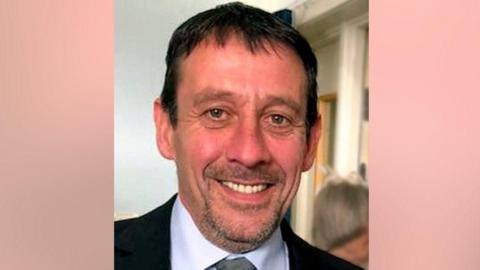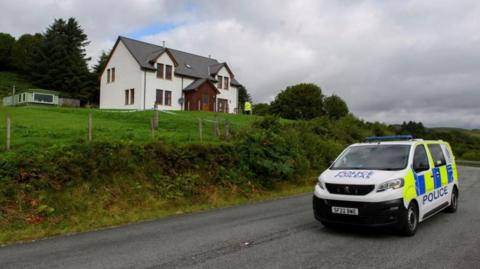Free Church pastor Reverend Gordon Matheson knew MacDonald and said the time taken for an armed response "is too long".
He added: "The first line of defence for our communities is not the armed response team. The first line of defence is making sure firearms licensing is done well at the beginning.
"That has to be taken more seriously in the Highlands, where we have the highest level of gun ownership in the UK and some of the highest levels of male depression in the UK.
"There's a very clear argument that this should be done better and it should be properly resourced."
On March 31, 2023, some 131,253 shotguns were legally held in Scotland but their use in firearms incidents is rare and lower than any other weapon.
A shotgun certificate lasts five years. To get one, applicants have to prove they do not pose a threat to public safety and have a good reason to own one.
Certificates are granted by Police Scotland firearms inquiry officers, who are required to interview a referee for the applicant, carry out background checks and conduct home visits and security checks.
It is the responsibility of the certificate holder to inform the police if they are diagnosed or treated for a relevant medical condition such as mental ill health.
Police Scotland can revoke a certificate if they believe there is a risk to public safety and did so 94 times in 2022/23.

